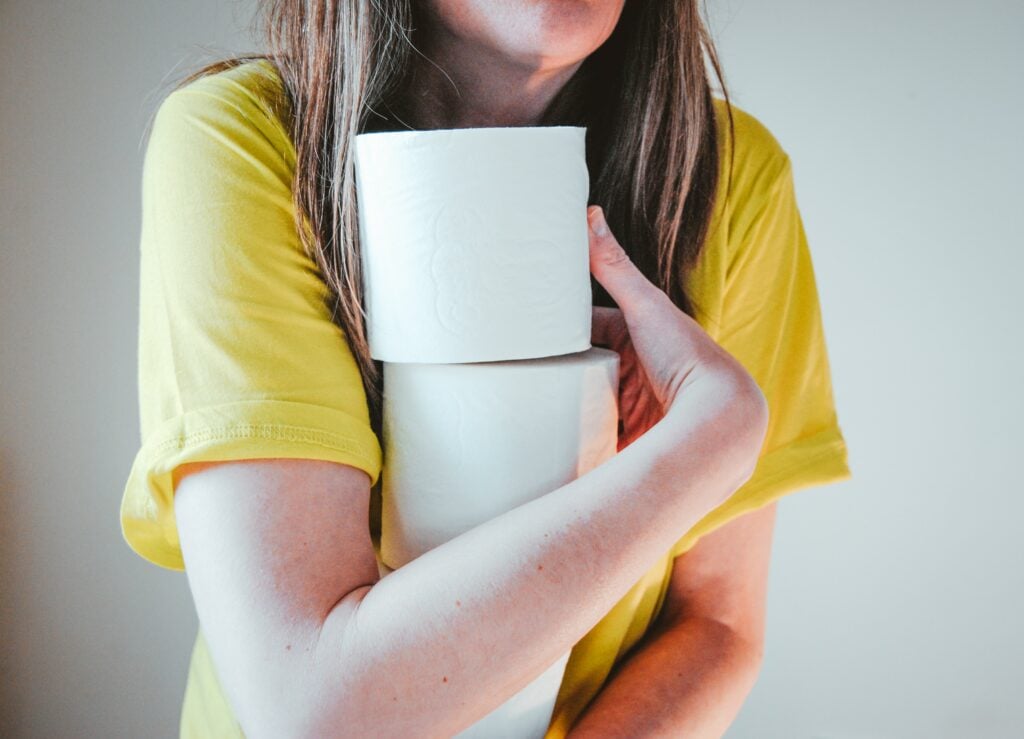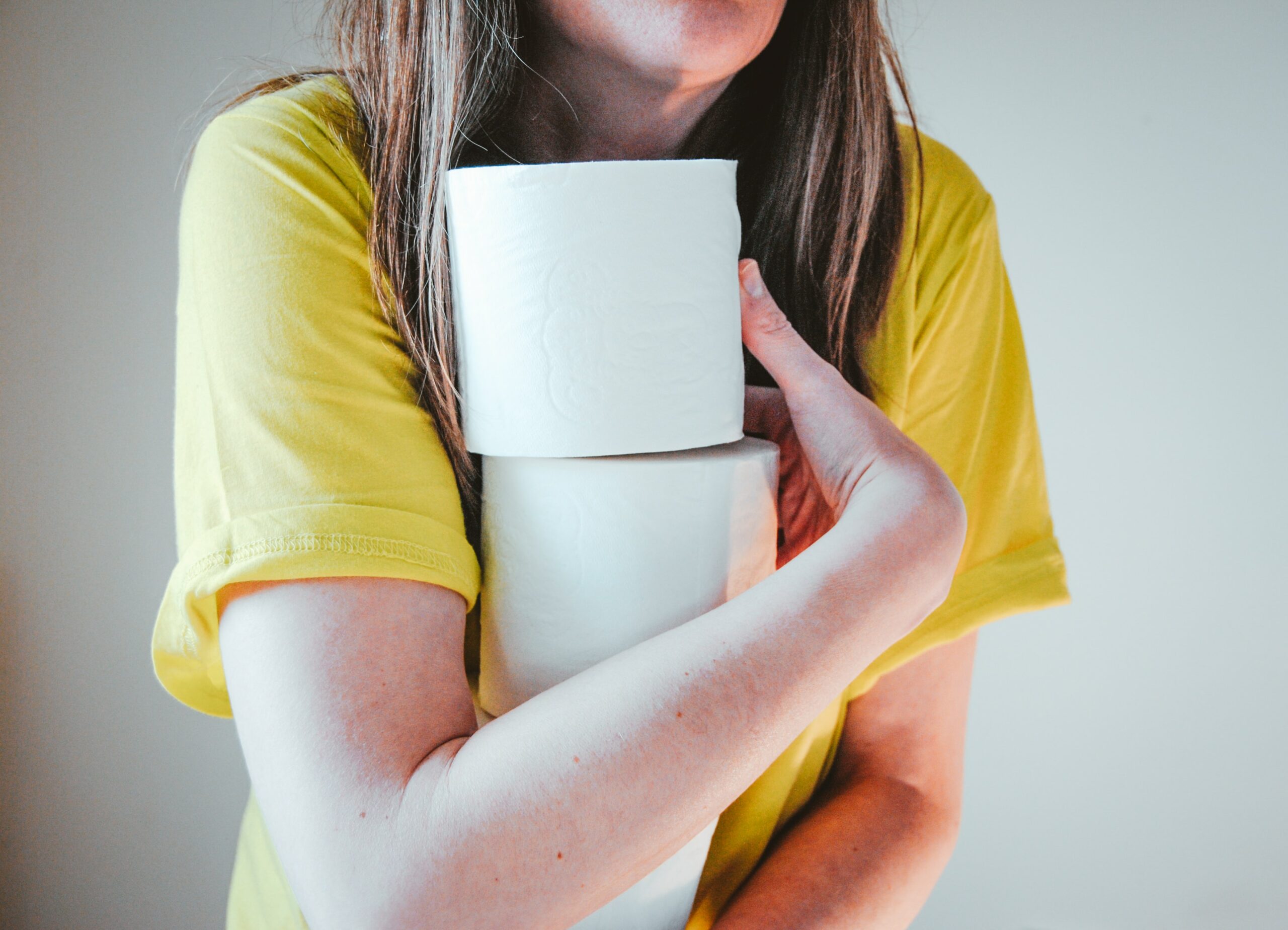
Most of the world wasn’t prepared for what took place in 2020. COVID-19 wreaked havoc on our lives, cities, and communities, disrupting everything from our food supplies to our leisure activities. Thousands of people rushed into stores as panic spread throughout the country and suppliers were brought to the brink as demand far outstripped supply.
The frenzy to acquire household goods is a fascinating psychological study. At first glance, it appears that the panic purchasers are acting irrationally because most of these items won’t go bad for quite some time and there’s no reason to believe there won’t be more supplies later. One explanation for this behavior comes from the psychological notion of mental accounting.
Why people hoard
Why then do people stockpile a product that is readily available? Despite a plentiful domestic supply, Australians have been plagued by panic-buying toilet paper. It’s a relatively low-cost action for individuals to stock up on toilet paper, and they like to believe that they’re ‘doing something when they’re afraid. This is an example of ‘zero risk bias’, in which individuals would rather try to eliminate one form of potentially minor danger altogether than take precautions that would lower their total risk by a greater amount.
Hoarding also makes people feel secure. This is especially true when the world faces a new disease over which we have little or no control. We, however, do have control over things like having enough toilet paper in case we are quarantined. It’s possible that our biology has programmed us to save stuff. Animals including birds, squirrels, and other species tend to hoard items.
How to handle shortages
Hoarding can lead to shortages in many different ways. There are alternatives for how to deal with shortages, including those caused by hoarding. Convincing people to stop doing it is generally the best approach, especially when there are lots of goods like toilet paper available.
When dealing with emotional concerns, however, logic frequently fails. Formal rationing is one approach; it’s when governments distribute resources via a formula that specifies precisely how much each family gets. During World War II, the United States utilized rationing to allocate gasoline, sugar, and even meat. China restricted a number of things including food, fuel, and bicycles until the early 2000s. Many shops decided to ration sales of hand sanitizer in March 2020.
Trust and confidence are essential aspects of modern economies. COVID-19 is eroding public trust in supply chains. People’s faith in their ability to go outside and acquire whatever they require whenever they need it has been shaken. This causes people to stockpile things like toilet paper.
While the government advises stockpiling a two-week supply of food and water, there’s no need to hoard items, especially those that are unlikely to run out.
